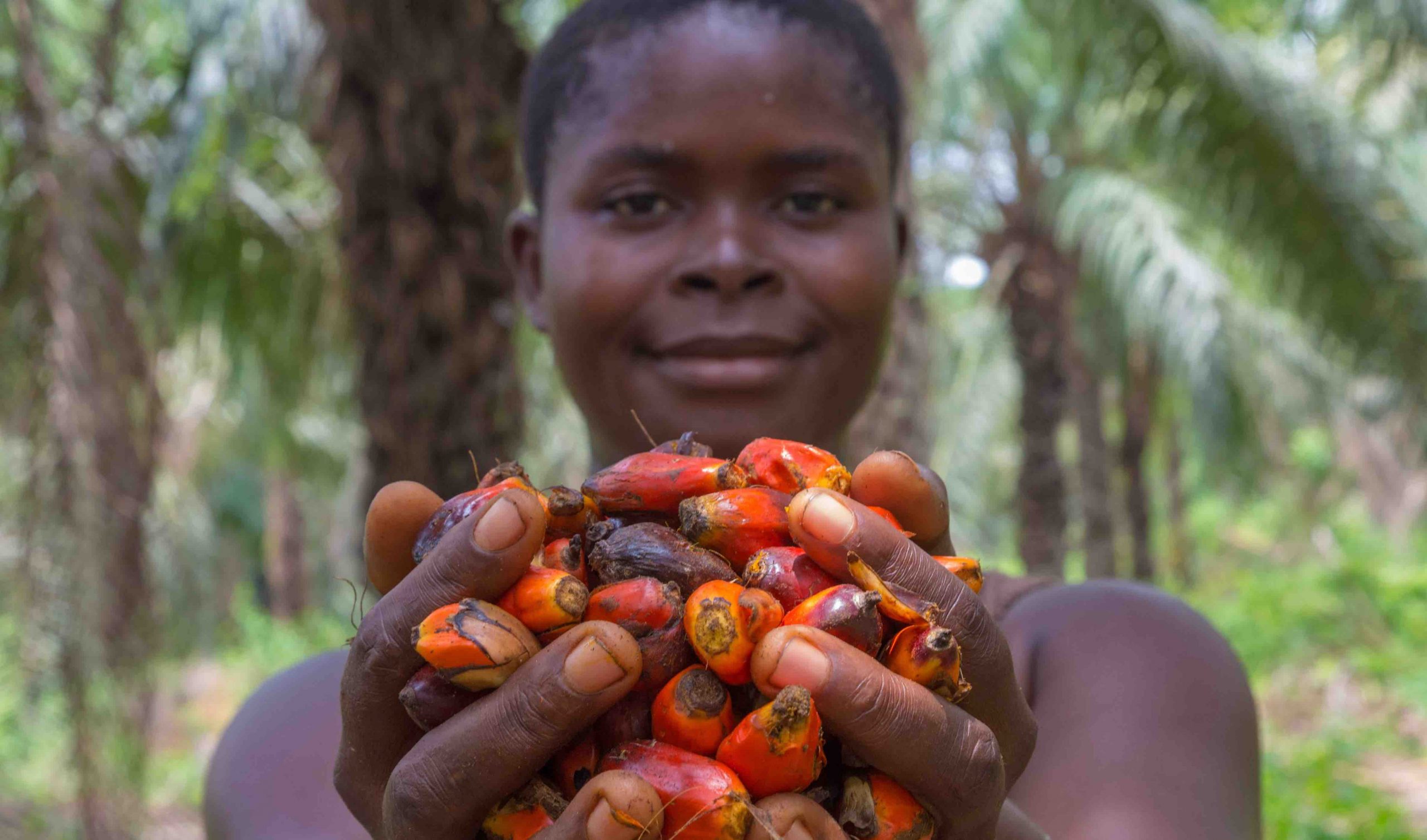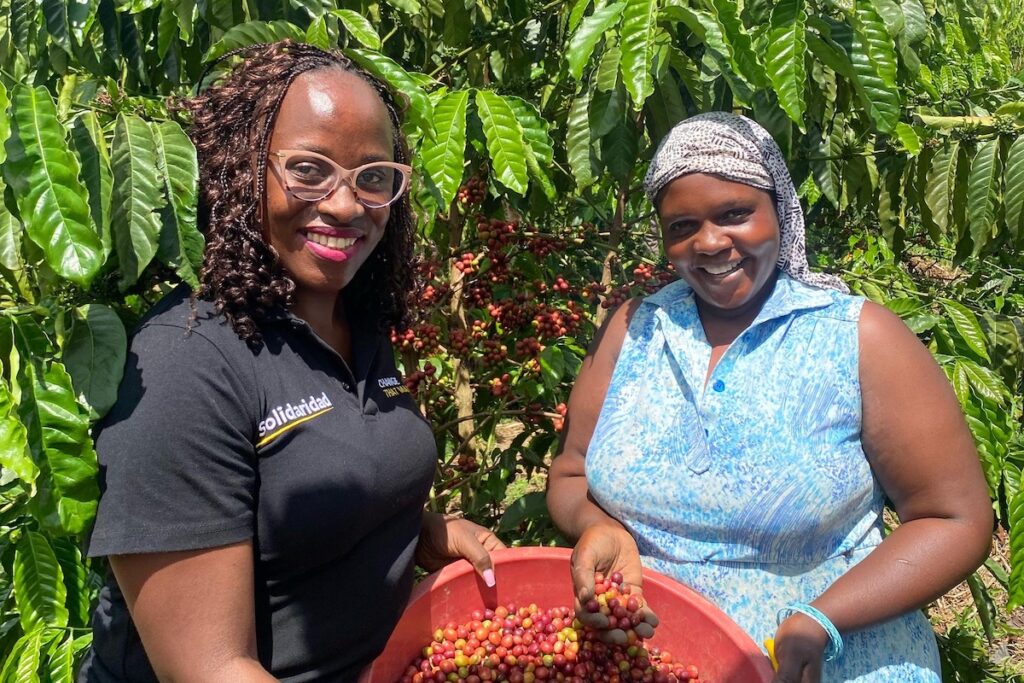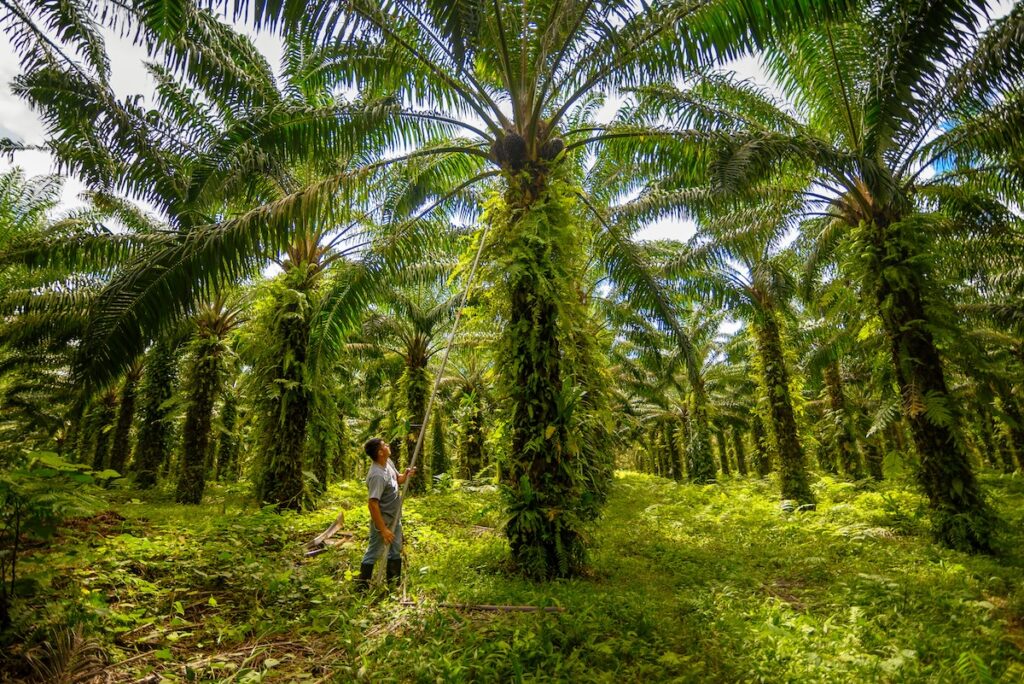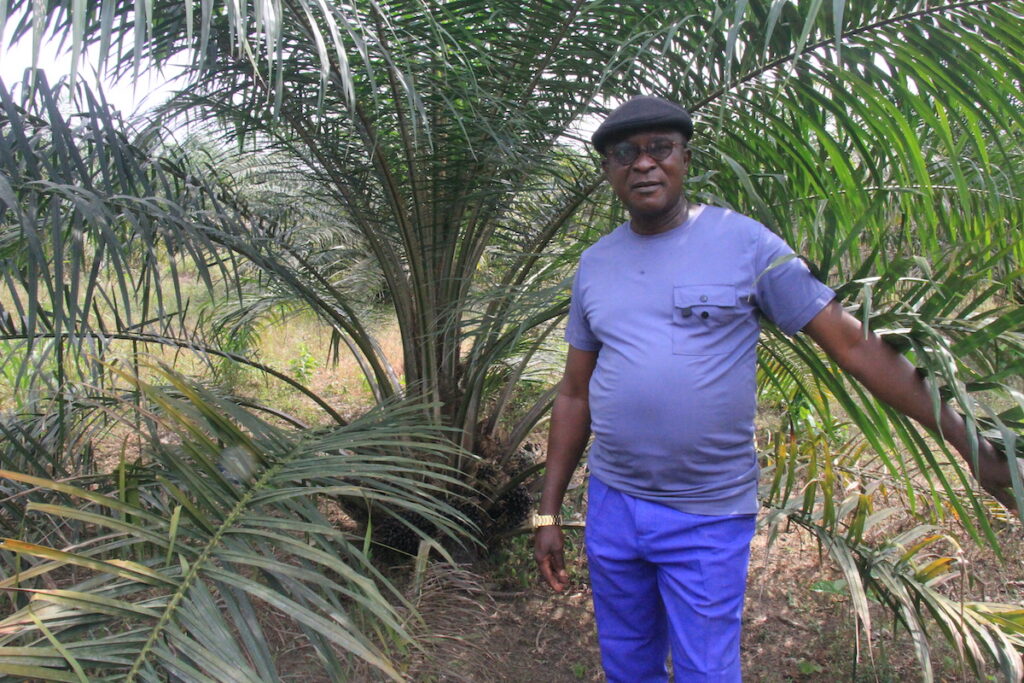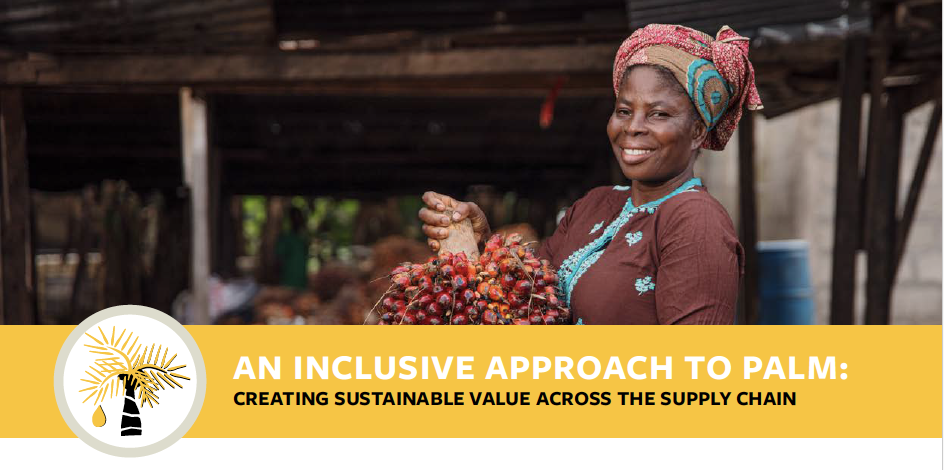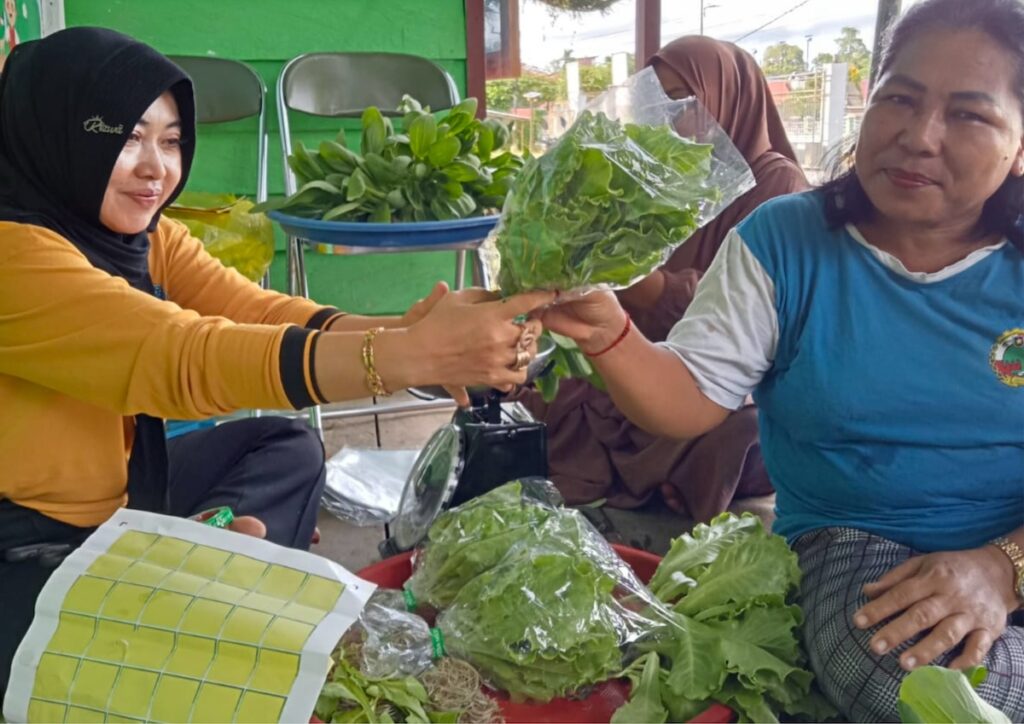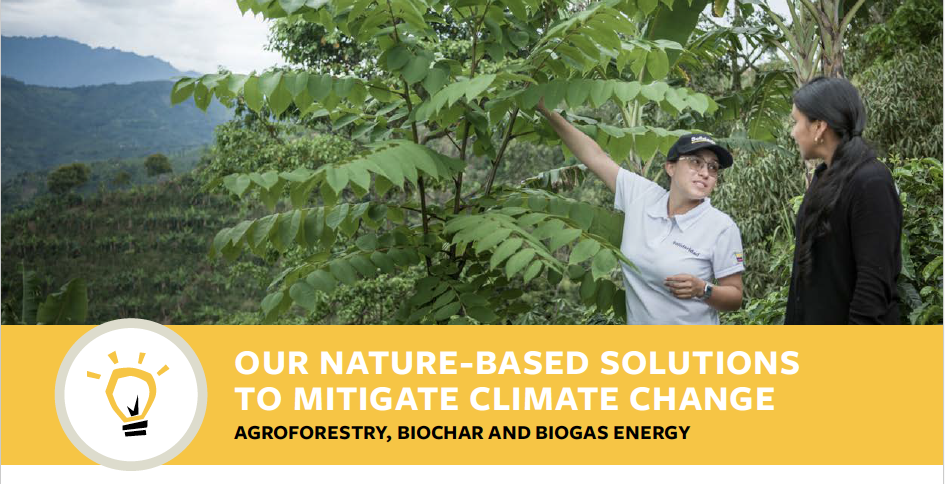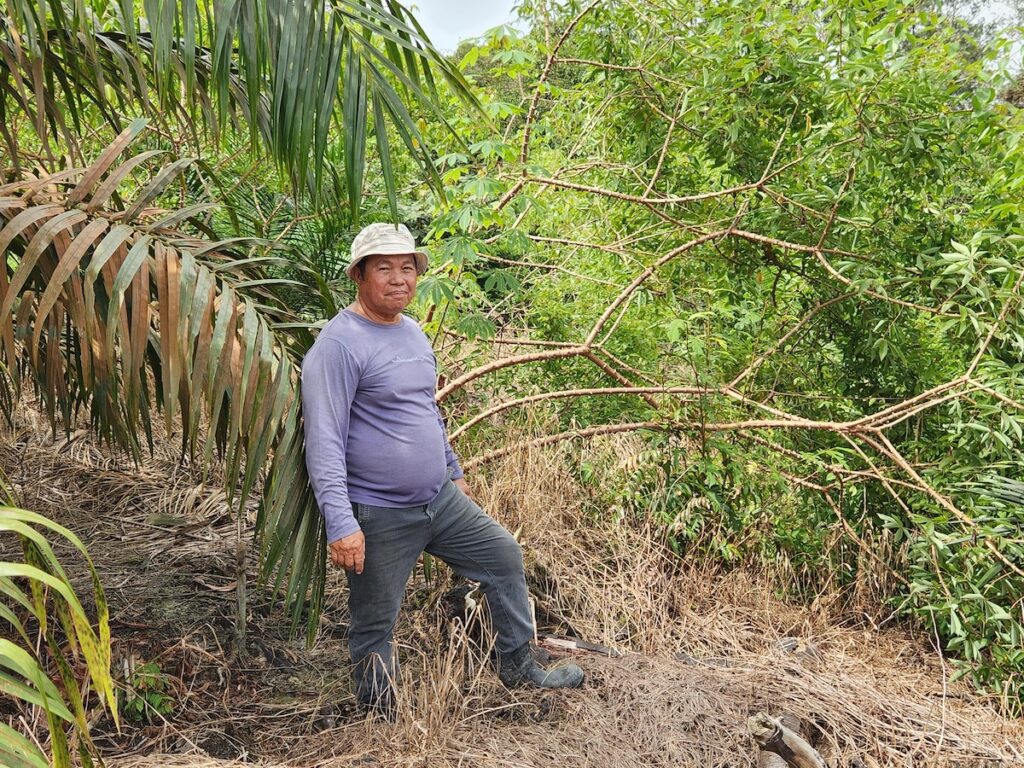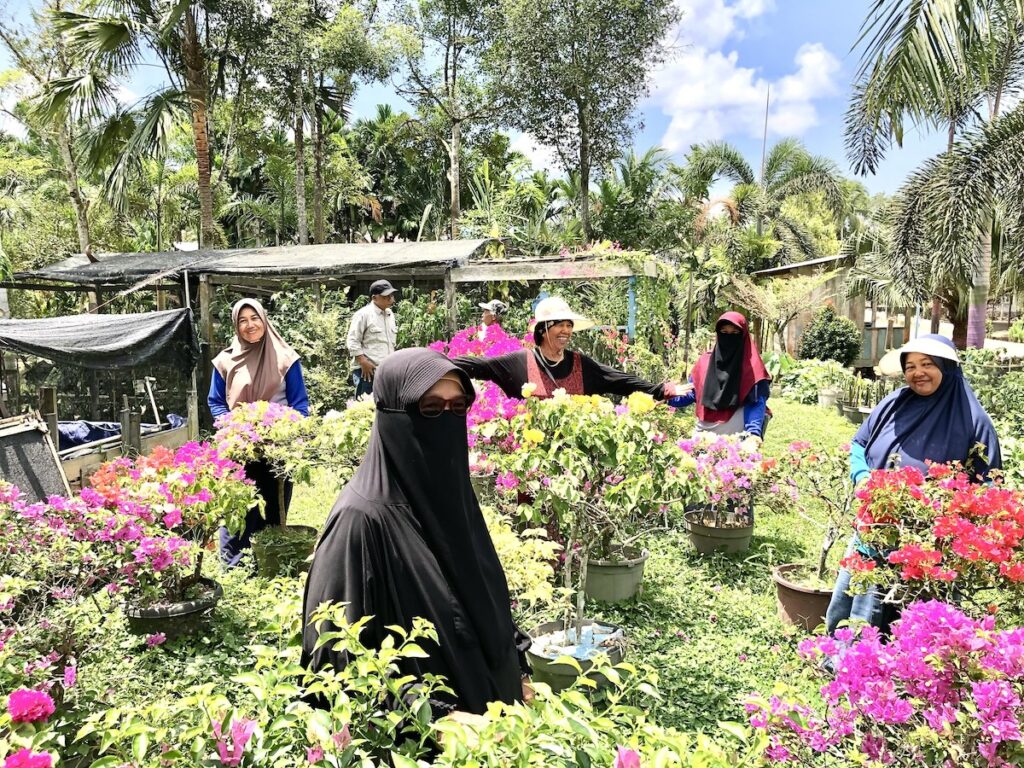This comes after a comprehensive process to meet all the requirements stipulated in the formulation of the interpretation, including roadshows and public consultations to solicit opinions and participation from the general public.
The RSPO certification is a global standard that assures consumers that the palm oil produced is of good quality and was produced in a sustainable manner.
Together with Conservation International, a nonprofit environmental organization, Solidaridad, through its Sustainable West Africa Palm Oil Programme funded by the Embassy of the Netherlands in Ghana, worked with several multi-stakeholder groups from diverse sectors to ensure that all the required procedures, communications and actions were taken and properly documented.
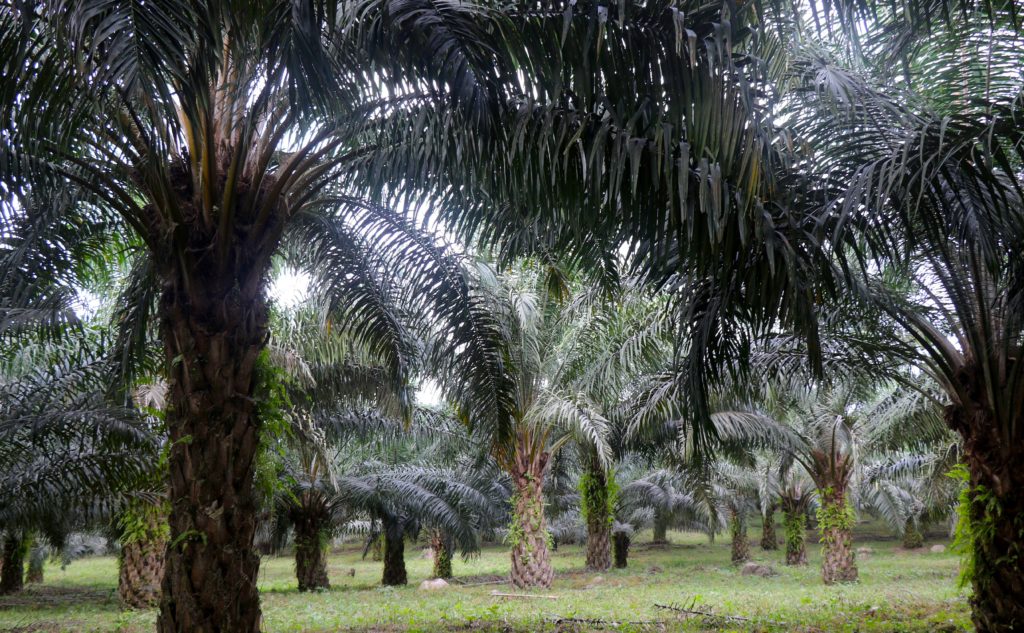
Oil palm to the rescue
Solidaridad, through its National Initiatives for Sustainable Climate-Smart Oil Palm Smallholders (NISCOPS) programme, is helping to reclaim degraded mine sites in the Central region of Ghana with oil palm.
In October 2019, Solidaridad, through the National Oil Palm Platform of Liberia (NOPPOL), guided and supported the formulation of a National Interpretation Working Group (NIWG) to develop the interpretation draft.
This followed a series of technical sessions, including consultation with relevant groups, such as the Ministry of Finance and Development Planning, Liberia Land Authority, Environmental Protection Agency, Forestry Development Authority, the oil palm concessionaires, and smallholder oil palm representatives. The sessions ensured that the draft accurately reflects the nature of the industry in Liberia, particularly national legislation and customs, while maintaining and strengthening the integrity of the RSPO requirements for certification.
Benefits of RSPO certification
With this milestone, oil palm farmers and processors who will be certified will be able to sell at premium prices on the international market, and have a sustainable supply of traceable fresh fruit bunches and crude palm oil.
Liberia will also be able to protect its forest lands as the Roundtable for Sustainable Palm Oil discourages the depletion of forests for oil palm cultivation.
The RSPO Principles and Criteria will also ensure that oil palm farmers reduce the emission of greenhouse gases, manage their waste better, reduce usage of pesticides and workplace accidents, improve compliance with regulatory requirements, respect land rights acts, and refrain from child labour practice, among others.
J. Cyrus Saygbe, Sr., Solidaridad programme manager for oil palm in Liberia, said this was a major achievement under the Sustainable West Africa Palm Oil Programme (SWAPP), which seeks to transform the oil palm sector in West Africa through ensuring sustainable production by building the capacity and increasing the incomes of farmers, processors and other workers in the oil palm value chain.
“Solidaridad is pleased to have supported Liberia to achieve this milestone, which will provide new opportunities for farmers and producers to adopt responsible practices and be incentivised for it,” he said.
Cyrus noted that Solidaridad will be providing training on the National Interpretation to small and medium enterprises in the oil palm supply chain towards certification.
Jeanine Milly Cooper, Liberia’s minister of agriculture, said the endorsement was a great feat for the country’s oil palm supply chain. She thanked Solidaridad, Conservation International, and the various partners and organizations that funded the process and ensured the National Interpretation became effective.
About the RSPO
The Roundtable on Sustainable Palm Oil (RSPO) was established in 2004 to promote the growth and use of sustainable palm oil through cooperation within the supply chain and open dialogue between its stakeholders.
RSPO designed the Principles and Criteria for Sustainable Palm Oil Production to guide the production of sustainable oil palm. Performance indicators and guidance were also developed to ensure compliance and assessment of compliance, leading to certification. To guarantee that indicators and guidance are aligned with the expectations of stakeholders and are compatible with the norms, laws and values of an individual country, RSPO asks that a National Interpretation of the international indicators and guidance be formulated. Once approved by the RSPO, the interpretation must then be followed by all producers and auditors seeking certification within that country.

